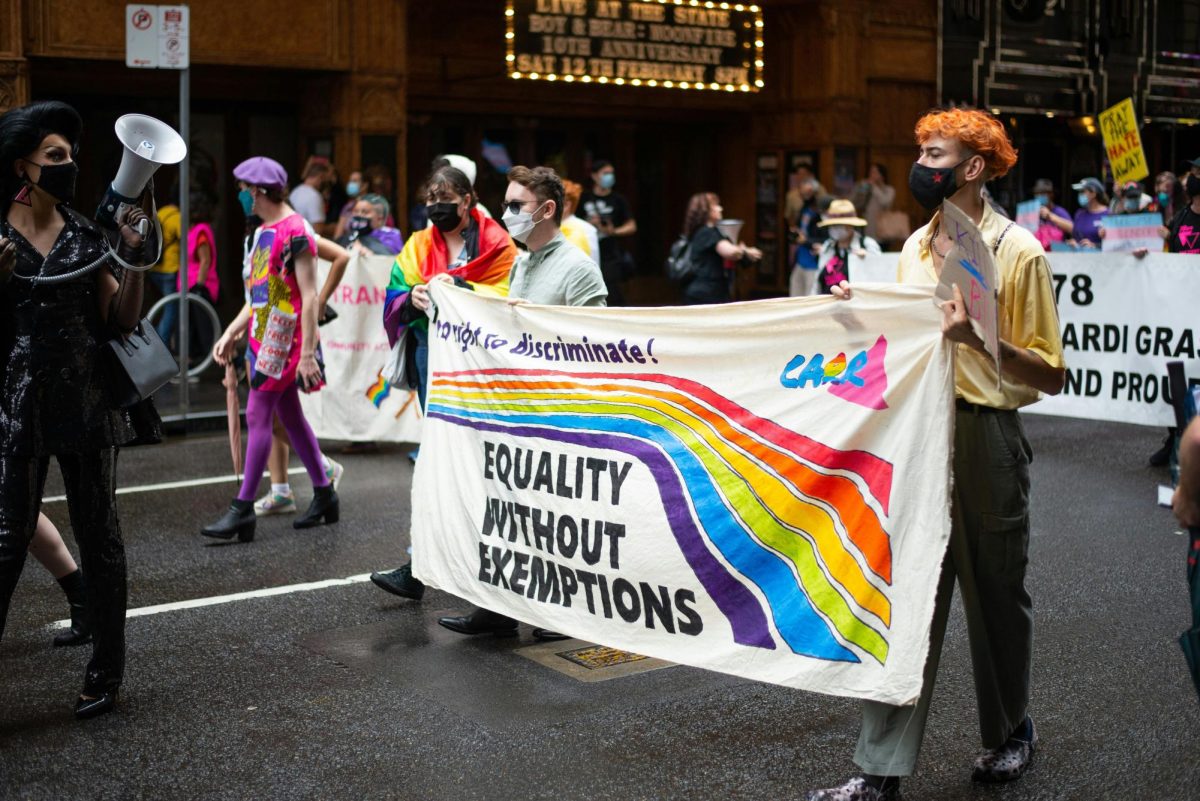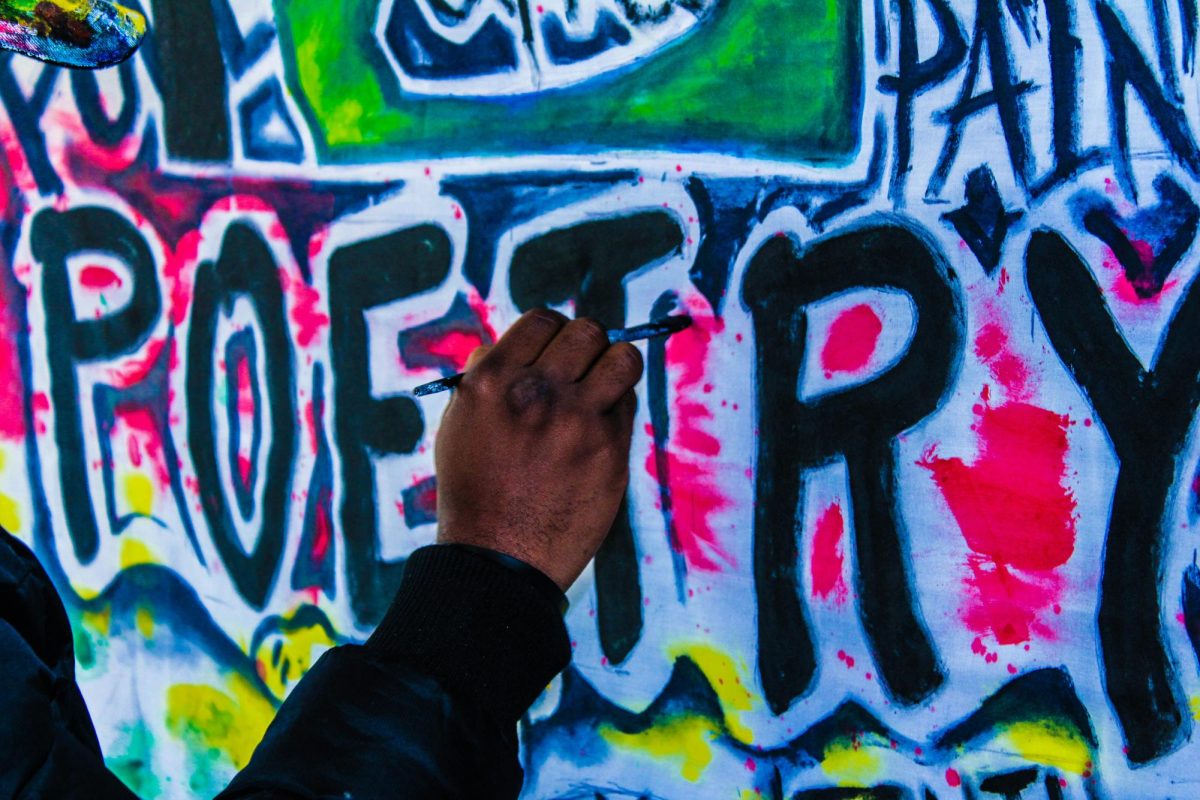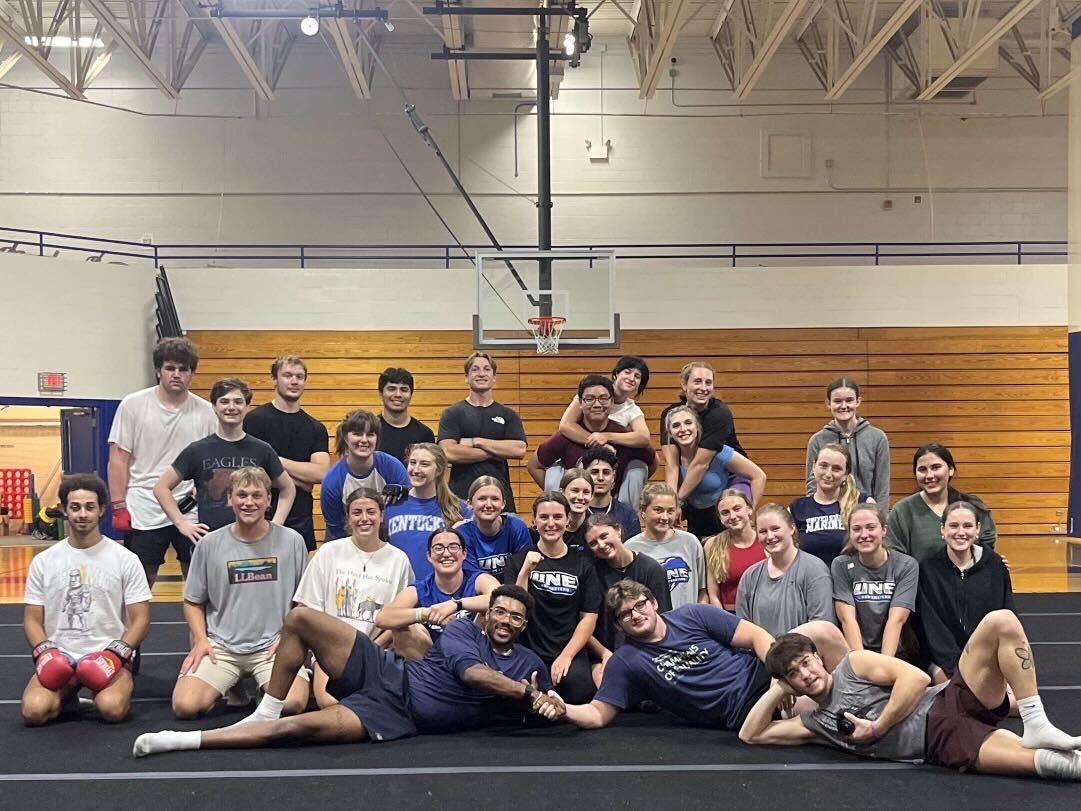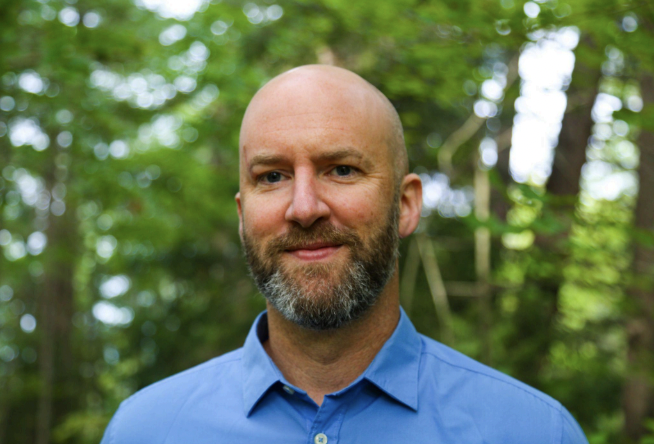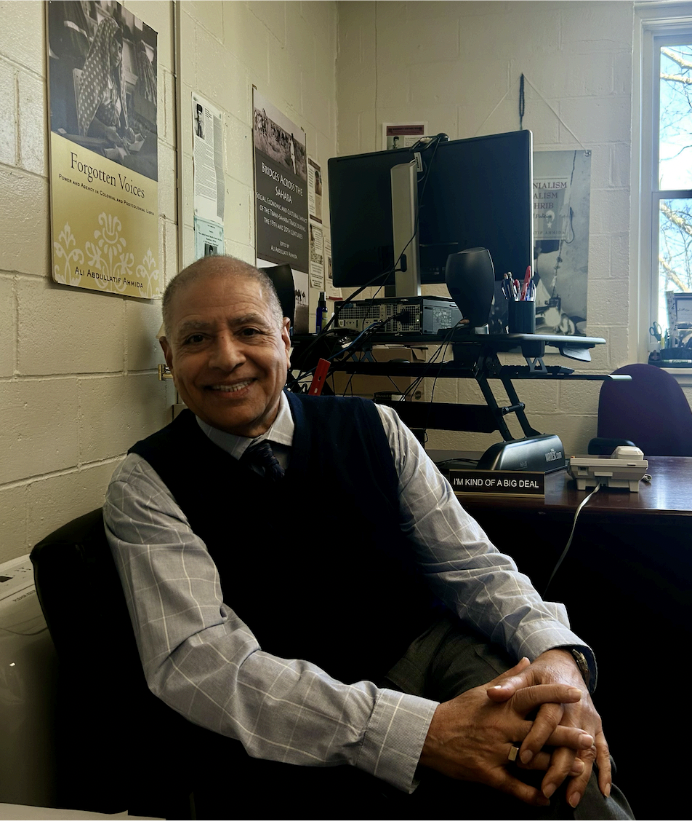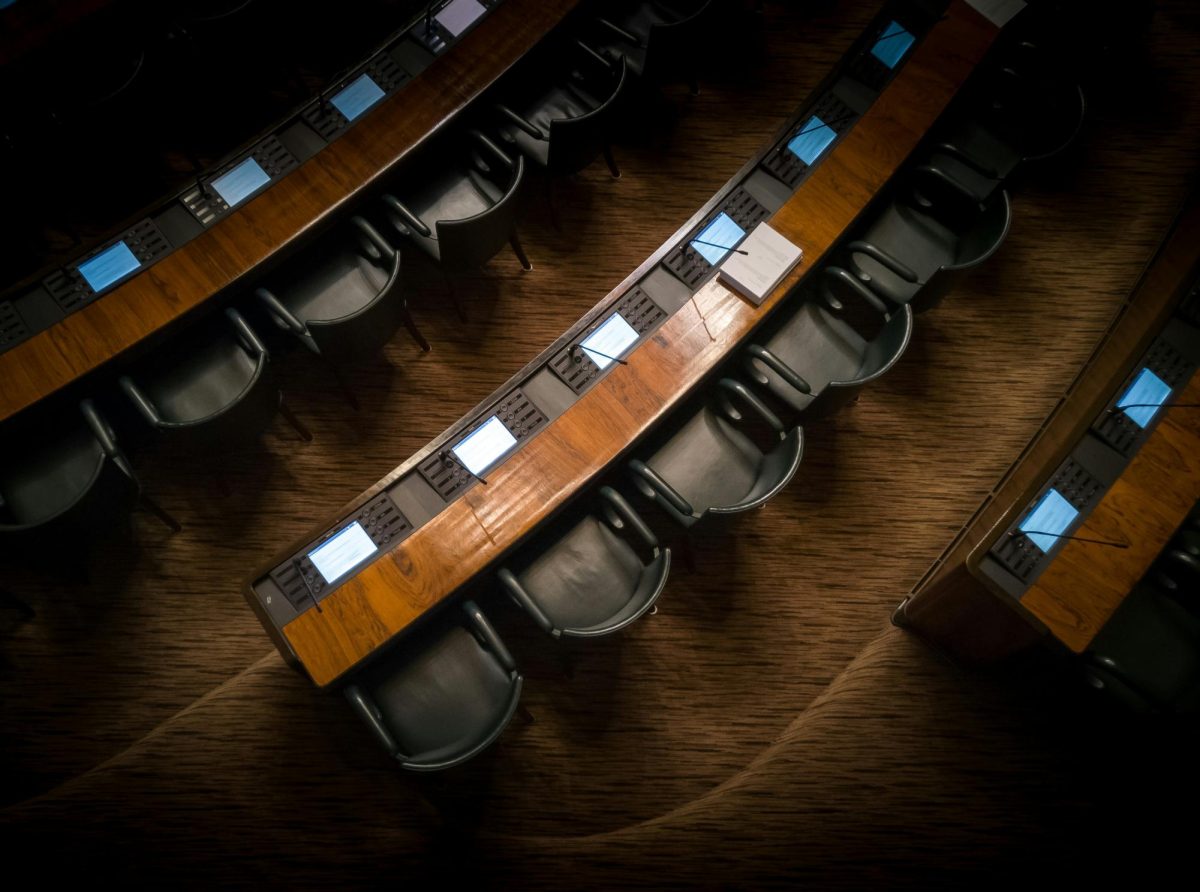Content Warning: This podcast contains explicit language as well as mentions of sexual violence, graphic violence, and transphobia.
Click Here to Listen:
Transcript and Additional Resources:
Arianna Ochs: I saw a Confederate flag recently. While walking to class from my dorm, a small caravan of pickup trucks flew down the street. The leader was proudly flying the stars and bars in all its traitorous glory. The message is clear, minorities are not welcome here. While this may sound like it’s out of the 1950s, sites such as this are not uncommon across the country. There is a rising wave of bigotry in the United States, and one of the many groups caught in the crossfire is the transgender community. Hello, and welcome. My name is Arianna, and I am inviting you, good listener, to take a look with me into the violence of the trans community, in particular, what trans youth are facing, as well as the work being done in the fight against hate.
Monika: The first thing she says to me is, ‘So you think you’re a girl?’
Ochs: That was a friend of mine named Monika, describing coming out to her mom. Monika is a trans woman currently living in Texas. In 2016, the National Center for Transgender Equality released the results of a survey of transgender and gender non-conforming people in the United States, almost one in 10 reported being physically assaulted. Though the survey was conducted in 2015, this trend of violence and intolerance towards people deemed to be outside of gender norms is still present. In some ways, it has actually gotten worse.
Monika: If someone doesn’t like your existence, they can just decide to fucking murder you, and that is fucking terrifying.
Ochs: A 2023 report by the Human Rights Campaign says that 51% of the murders tracked since 2013 had happened within the past four years. The report is very likely to be an undercount. Many times crimes against the trans community are not reported, either out of a fear of law enforcement or the disregard of victims by law enforcement. In the words of an anonymous respondent to the 2015 survey:
Anonymous Respondent: I was found in a ditch after being brutally raped for three days. I was taken to an ER. There, I met an officer who told me I deserved it for attempting to be a woman and should have died. He also refused to take a report.
Monika: Lives should not have to be lost because some people can’t get over their fucking bigotry.
Ochs: Every so often, the violent death of a trans person becomes headlines. Whenever this happens, the person’s death inevitably devolves into a media circus. According to the Human Rights Campaign, two-thirds of deaths tracked since 2013 were initially misgendered and addressed by the wrong name in the media and by the criminal justice system. This journalistic malpractice denies these innocent people basic respect, even in their death.
Professor Ashley Quinlan: What we’ve seen, and like there’s a lot of data that backs this up, is that, unfortunately, the stories of trans people, just in general, have been kind of marginalized in the media. Unfortunately, we don’t maybe hear as much about things that happen to a trans person as maybe we would a cis person.
Ochs: Ashley Quinlan is a professor of sociology at the University of New England. The issue of trans violence is often made worse in the school environment. This past February, an Early Insights Report on the 2022 Transgender Survey was released. Nearly two-thirds of the respondents, aged 16 and 17, reported being mistreated at school due to their gender identity. This mistreatment includes refusal of staff to address students by their chosen name, verbal harassment and physical assault.
Professor Quinlan: We can kind of see this as maybe the fallout of a lot of the policies that are being implemented in different states.
Ochs: People in positions of power have repeatedly spread misinformation regarding trans people. Claims such as the dangers surrounding hormone replacement therapy or minors obtaining gender-affirming surgeries are not only blatantly false; they are also actively malicious. Politicians form a narrative around trans people through the spread of lies. They demonize the community as perverts, rapists, and child groomers in order to make the general public see the trans community as less than. A tactic seen in the past to disenfranchise other minorities such as gay men and people of color. This bigotry has had a tangible impact. Over a quarter of the murdered trans people in 2022 were in Texas or Florida, two states that have become known for their transphobic governments.
Professor Quinlan: There’s an atmosphere that we’re living in now where like hate has been completely normalized, and I think a lot of that kind of translates back to political leadership and the rhetoric that they use.
Ochs: Not only has the political sphere caused an increase in street-level violence, many state governments have enacted policies discriminating against the trans community. Recent years have seen a surge in anti-trans legislation. In 2022, 174 discriminatory bills were introduced across 33 state legislatures. Included among the 26 that passed into law is Alabama’s bill that makes it a felony to provide gender-affirming care to a minor, Florida’s infamous ‘Don’t Say Gay Bill’ that prohibits the discussion of LGBTQ topics in schools, and Oklahoma’s declaration of an emergency to prevent the editing of birth certificates to a nonbinary marking. Only a year later, in 2023, a total of 600 anti-trans bills were introduced into state legislatures across 49 states. 87 passed. In 2024, There are currently 539 discriminatory bills that are active in 41 state legislatures and an additional 45 active federally. As of recording, 24 bills have already passed.
Monika: It’s scary like I’m not in immediate danger, but I am already looking into leaving the country.
Ochs: This wave of legislation hasn’t gone without some opposition. The proposed Equality Act that is currently in the Senate would amend the Civil Rights Act of 1964 to prohibit discrimination against gay and transgender people. More recently, President Biden declared March 31 transgender day of visibility. The question remains, however, are the opposition doing enough to fight transphobia?
Professor Quinlan: No, I don’t think enough is being done at this point. You know, there are states that are supporting measures to make sure the ‘Don’t Say Gay’ thing does not happen in their state. And I, you know, applaud that, but I think even doing that is maybe not enough.
Monika: It feels like nothing is actually being done. Like Biden can say, ‘I stand by trans people’ all he wants, but at the end of the day, that will not stop people from being harassed, assaulted, murdered.
Safiya Nafai: It’s very like performative. It doesn’t feel sincere.
Ochs: That final clip was from Safiya Nafai, President of the University of New England chapter of the activist group Generation Action. The situation is dire. The rights of trans people to exist in public are quickly being taken away, and the people in power that have the ability to stop the tide are resting on their laurels. Still, there are reasons why people are hopeful.
Professor Quinlan: So I think you always have to believe that there’s hope, at least if you want to get up in the morning.
Ochs: While the government might not be doing enough to combat transphobia, there are many people who are picking up the slack. Organizations like the ACLU or GLAAD have helped to bring a number of cases to court. Some recent examples include an ongoing challenge to a Tennessee law prohibiting gender-affirming care for trans youth, or a challenge to an Indiana bathroom bill.
Safiya Nafai: Going to court is important. It’s visibility. It’s really effective. I mean, we see what happened with Roe v. Wade back in 1972.
Ochs: Though there have been a few recent key victories for trans rights, there’s still a lot of work to be done. While it is commendable to take direct action and protest these laws or donate to causes, not everyone has the time or resources to do so. However, there are still plenty of ways that the average person can contribute to the fight.
Safiya Nafai: There are many ways to be active without having to actually even leave your house. The big one always is voting. If you’re upset with their vote, you can even send them a message saying that like you don’t agree with that. And I don’t think people realize that we can actually reach the people that are representing us, and that our vote actually does matter.
Monika: Even just supporting trans people you know goes a long way in helping to fight transphobia.
Ochs: Thank you to Monika, Professor Quinlan and Safiya for the interviews. Information taken from translegislation.com, the Human Rights Campaign, ACLU, and National Center for Transgender Equality. Music use is in order of appearance, “Mostly Melody” by Bradley Christopher Oxley, “Teach Your Children about Magnetic North” by Schema Wound, and “Conversations” by Kirk Ozamayo; obtained from Free Music Archive. And thank you for listening.



